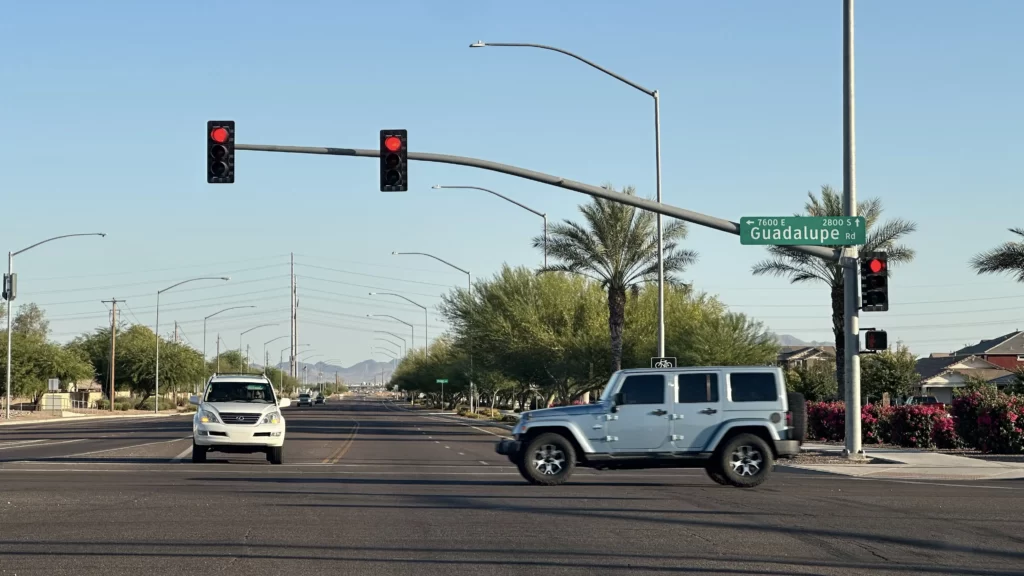The Role of Video Evidence in DUI Cases: How Dashcam Footage Can Impact Your Defense

Video footage from dashcams and bodycams can be a powerful asset in DUI defense, offering an unbiased account of traffic stops, field sobriety tests, and officer interactions. This evidence can be crucial in disputing charges and highlighting inconsistencies in the prosecution’s case. Knowing how to secure and utilize this footage effectively can make a significant difference in building a strong defense.
Importance of Video Evidence
Dashcam footage can serve as powerful evidence in a DUI case by:
- Corroborating or Contradicting Officer Testimony – Video can show whether the officer’s account of the stop aligns with what actually happened.
- Providing an Objective Record of the Traffic Stop – It eliminates subjective interpretations and offers an unbiased perspective.
- Highlighting Procedural Errors – If an officer fails to follow proper protocol, such as improper FST administration or unlawful detention, video can be used to challenge the case.
Challenging FST Results with Video
Field sobriety tests are often subjective, and video evidence can help dispute their accuracy by showing:
- Test Conditions – Uneven pavement, poor lighting, or bad weather that may have affected performance.
- Officer Instructions and Conduct – If the officer failed to provide clear instructions or acted in a way that pressured the driver, it could undermine the validity of the test.
- Driver’s Performance – Video can provide a clearer picture of whether the driver exhibited signs of impairment or was performing reasonably well under the circumstances.
Obtaining Video Evidence
If video evidence exists, obtaining and preserving it is crucial. Here’s how:
- Request Dashcam and Bodycam Footage
- Submit a formal request to the law enforcement agency handling the arrest.
- Some departments have specific procedures and deadlines for releasing footage.
- Secure Third-Party or Personal Video
- If you have a personal dashcam, retrieve and save the footage immediately.
- Surveillance cameras from nearby businesses or other drivers’ dashcams may also have valuable evidence.
- Work with an Attorney
- A DUI attorney can issue subpoenas for video evidence if law enforcement refuses to release it.
- Legal counsel can also analyze the footage for inconsistencies or violations of rights.
Conclusion
Video evidence from dashcams and bodycams can play a pivotal role in DUI defense, providing crucial footage to dispute field sobriety tests, breathalyzer readings, and law enforcement accounts. Understanding how to access and present this footage effectively can significantly strengthen your defense. If you’re facing DUI charges, working with a skilled attorney can help you maximize the impact of this evidence and improve your chances of a successful outcome in court.